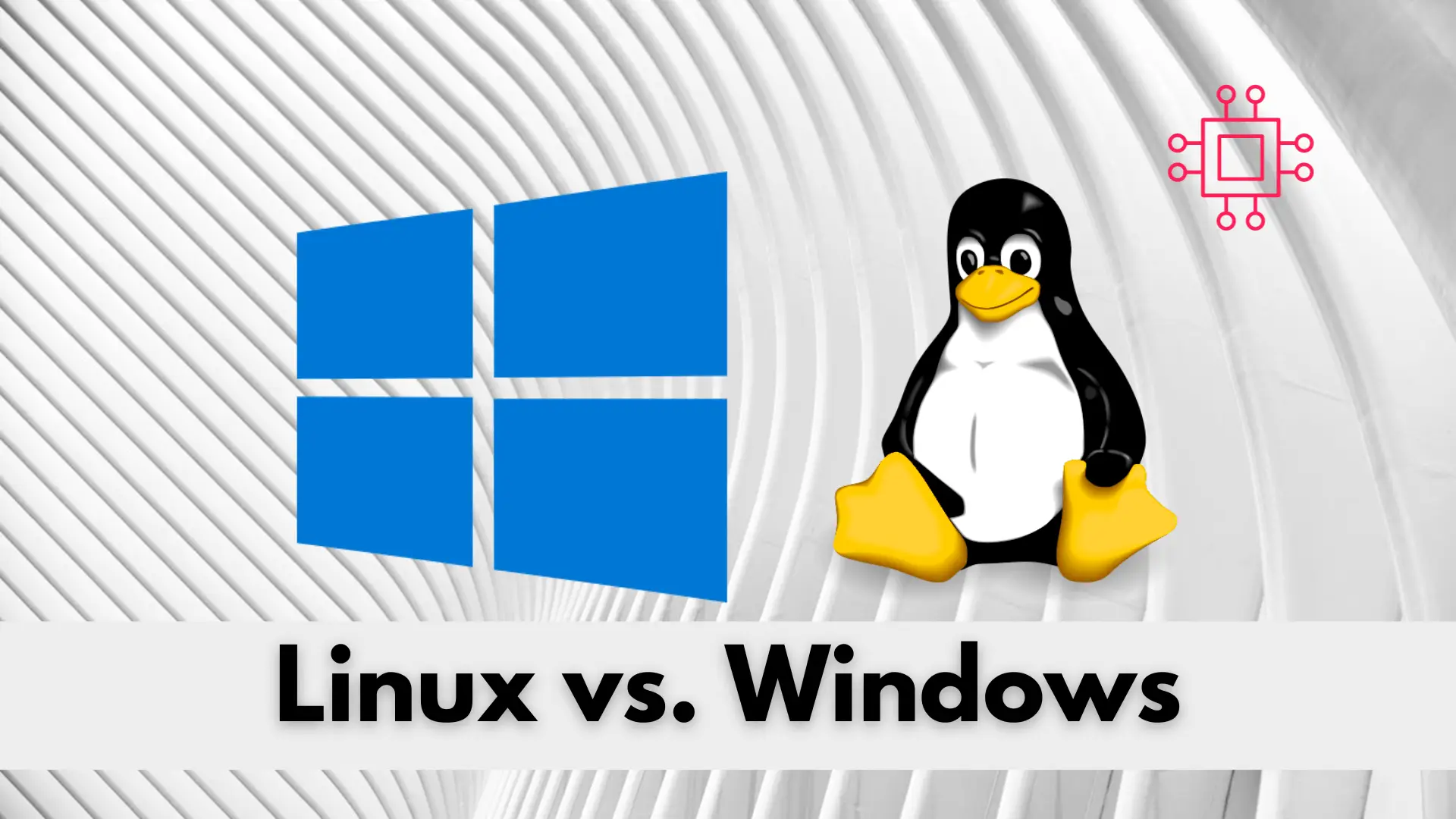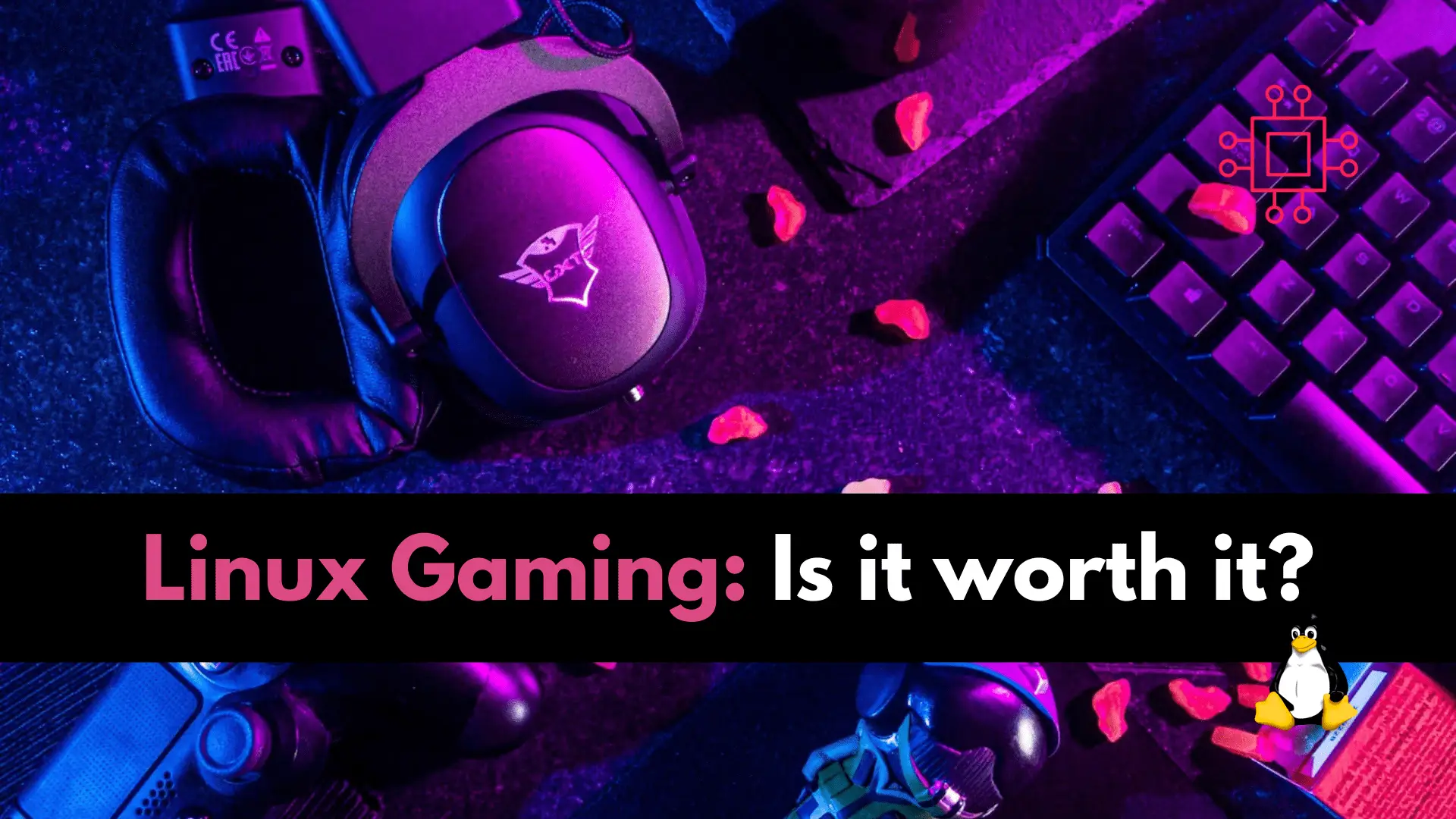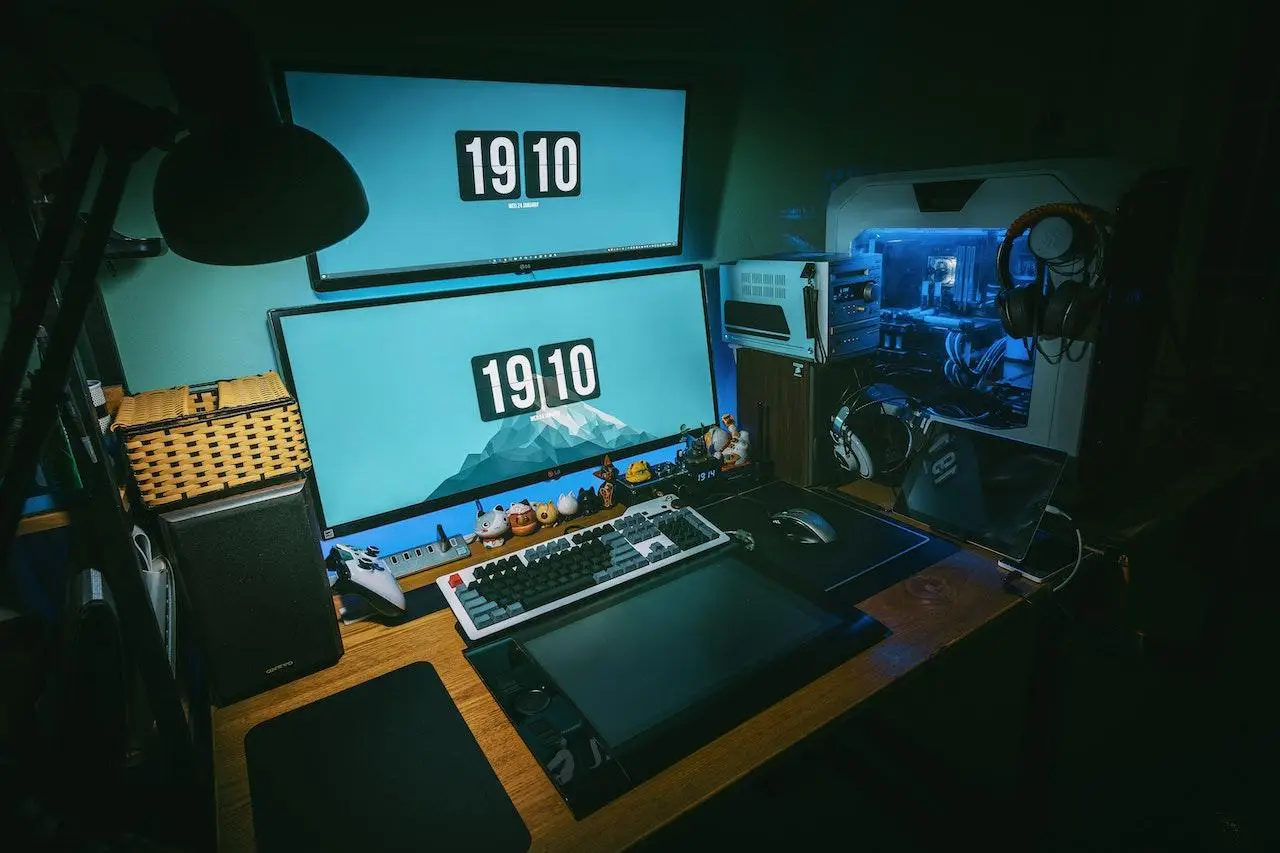
If you’re deciding between Linux and Windows for your next operating system, knowing the key differences between the two could save you time, money, and

Are you a gamer looking for a performance-boosting, customizable, and secure platform? Discover the pros and cons of Linux gaming to see if it’s worth the switch.
Gaming has been one of the most popular pastimes for decades, and it’s not showing any signs of slowing down. With the rise of new technologies and gaming platforms, it’s easier than ever to get started in gaming. However, the choice of gaming platform is still an important decision to make, and one that can have a significant impact on your overall gaming experience.
For many years, Linux was not seen as a viable platform for gaming. However, this has changed in recent years with the release of several high-profile games for Linux, as well as the availability of gaming platforms like Steam on the platform. In this article, we’ll explore whether Linux gaming is worth it, and what you can expect from gaming on the Linux platform.

Linux is an open-source operating system that was first developed by Linus Torvalds in 1991. It is based on the Unix operating system and is known for its stability, security, and flexibility. Unlike other operating systems like Windows and macOS, Linux is free and can be modified and distributed by anyone.
Linux is widely used in servers, supercomputers, and embedded systems. However, it has also gained popularity as a desktop operating system in recent years. While it still has a relatively small market share compared to Windows and macOS, it has a dedicated following among power users, developers, and enthusiasts.
There are several reasons why you might choose Linux for gaming. Here are some of the most important ones:
One of the biggest advantages of Linux is that it is free and open-source. This means that you can download and install it on any computer without having to pay for a license. You also have access to the source code, which allows you to modify and customize the operating system to your liking.
Linux is known for its performance and stability. It is a lightweight operating system that can run on older hardware and still provide a smooth and responsive gaming experience. Linux also has a smaller footprint than other operating systems, which means that it requires less system resources to run.
Linux is also known for its security. Because it is open-source, anyone can review the code and identify and fix security vulnerabilities. This means that Linux is less prone to viruses and other malware than other operating systems.
While Linux was not originally designed for gaming, it has become increasingly compatible with games in recent years. Many popular games are now available on Linux, and gaming platforms like Steam have made it easier than ever to access and play games on the platform.
Linux is highly customizable, which means that you can tailor the operating system to your specific needs and preferences. This can include customizing the user interface, installing different desktop environments, and using different window managers.
While there are many advantages to gaming on Linux, there are also some challenges that you should be aware of. Here are some of the most common ones:
While Linux has come a long way in terms of game compatibility, it still has a much smaller game library than other platforms like Windows and macOS. This means that you may not be able to play all of the games that you want on Linux.
Even with the availability of games on Linux, there are still compatibility issues to be aware of. Some games may not run as well on Linux as they do on other platforms, or they may require additional configuration to get them to work properly.
Linux can be more challenging to set up and configure than other operating systems. This is especially true when it comes to graphics card drivers, which can be difficult to install and configure on Linux. This can lead to compatibility issues with certain games that require specific graphics card drivers to run.
Because Linux is still a relatively small market compared to other platforms, many game developers do not provide official support for their games on Linux. This can lead to issues with game performance and compatibility, as well as difficulty in troubleshooting issues that arise.
Finally, Linux has a steeper learning curve than other operating systems like Windows and macOS. This means that it can take some time to get used to the command-line interface and other aspects of the operating system, which may be daunting for some users.
If you decide to try gaming on Linux, there are a few tips that can help you get the most out of your gaming experience:
There are many different Linux distributions to choose from, each with its own strengths and weaknesses. Some distributions are better suited for gaming than others, so it’s important to do your research and choose the one that best fits your needs.
Gaming platforms like Steam and GOG make it easier to find and install games on Linux. They also provide features like cloud saves, achievements, and multiplayer support, which can enhance your gaming experience.
Before purchasing a game, it’s important to check its compatibility with Linux. You can do this by checking the game’s system requirements and looking for compatibility reports from other users.
Installing the correct graphics card drivers can significantly improve game performance on Linux. While this can be challenging, there are many resources available online to help you through the process.
Finally, joining a Linux gaming community can be a great way to learn more about gaming on Linux and get help with any issues that arise. There are many online forums and communities dedicated to Linux gaming, where you can ask questions, share tips, and connect with other gamers.
So, is Linux gaming worth it? The answer to this question will depend on your specific needs and preferences. If you value performance, customizability, and security, then Linux may be a great choice for gaming. However, if you prioritize a large game library, official support, and ease of use, then you may be better off sticking with other platforms like Windows or macOS.
Ultimately, the decision to game on Linux is a personal one that will depend on your individual needs and preferences. However, with the availability of gaming platforms like Steam and a growing library of games, Linux is becoming an increasingly viable option for gaming. If you’re curious about gaming on Linux, it’s definitely worth giving it a try and seeing if it meets your needs and expectations.
Related Posts

If you’re deciding between Linux and Windows for your next operating system, knowing the key differences between the two could save you time, money, and

Are you curious about whether Linux is the right choice for your desktop? This article delves into the Pros and Cons of Running Linux on

Discover the fascinating world of open-source software and Linus Torvalds, the creator of the Linux kernel, through 10 surprising and little-known facts that will broaden
